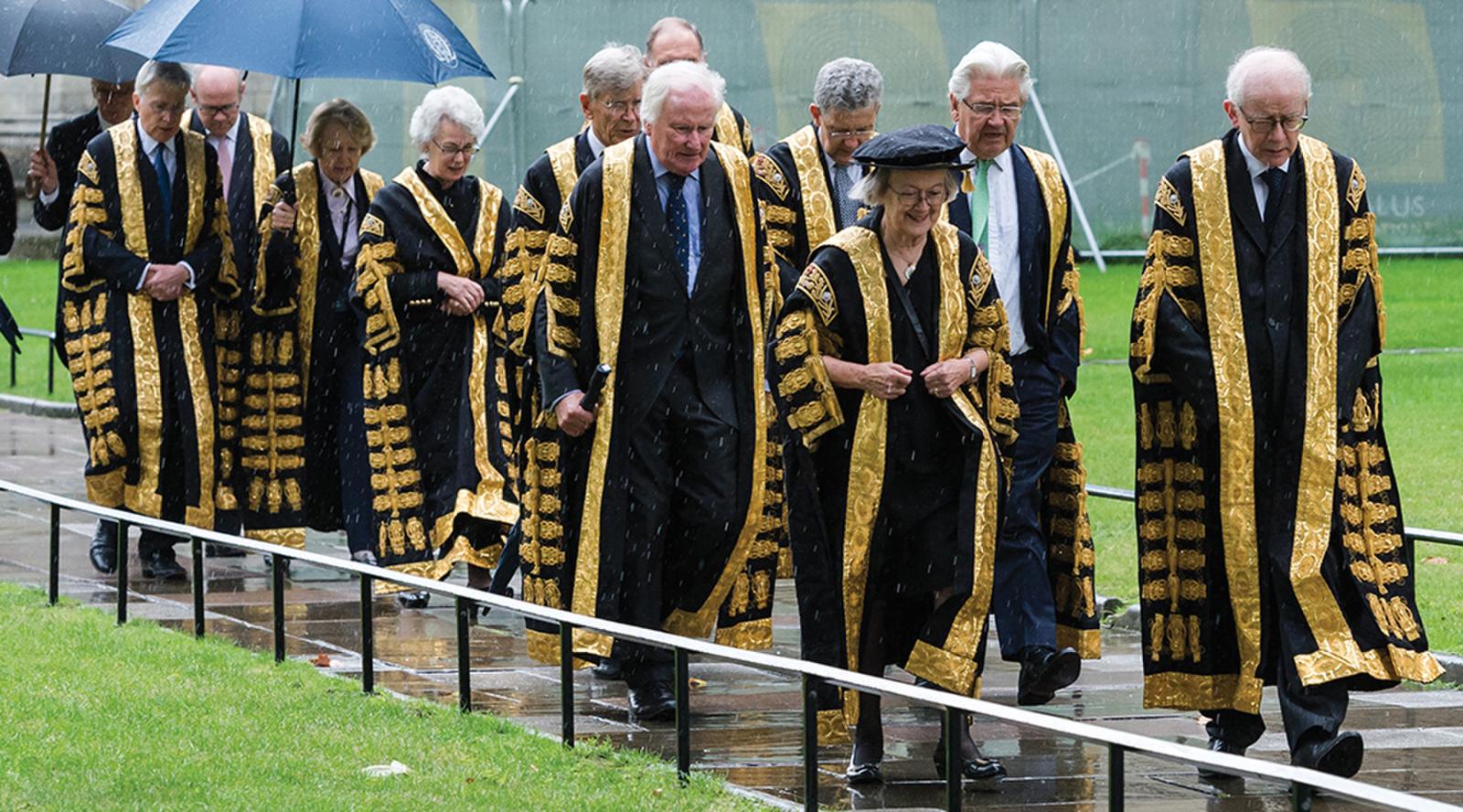
- The court issued 60 decisions in 2019, compared to 67 in 2018 and an annual average of 68 since 2010.
During 2019 the UK Supreme Court gained a higher profile than at any time since its creation in 2019. This was mainly due to its decision in the prorogation case (R(Miller) v The Prime Minister ([2019] UKSC 41), where by 11 to 0 the court ruled that the prime minister, Boris Johnson, had supplied no justifiable reason for advising the Queen to exercise the prerogative power to prorogue Parliament for a period of nearly five weeks. Without doubt the decision marks the high-water mark in the court’s short history to date. It drew huge media attention to the role of the court and to the character of its formidable president, Lady Hale.
In October the court marked its tenth anniversary by having an open day. Among other events there was a talk by the court’s chief executive, Mike Ormerod, and the









